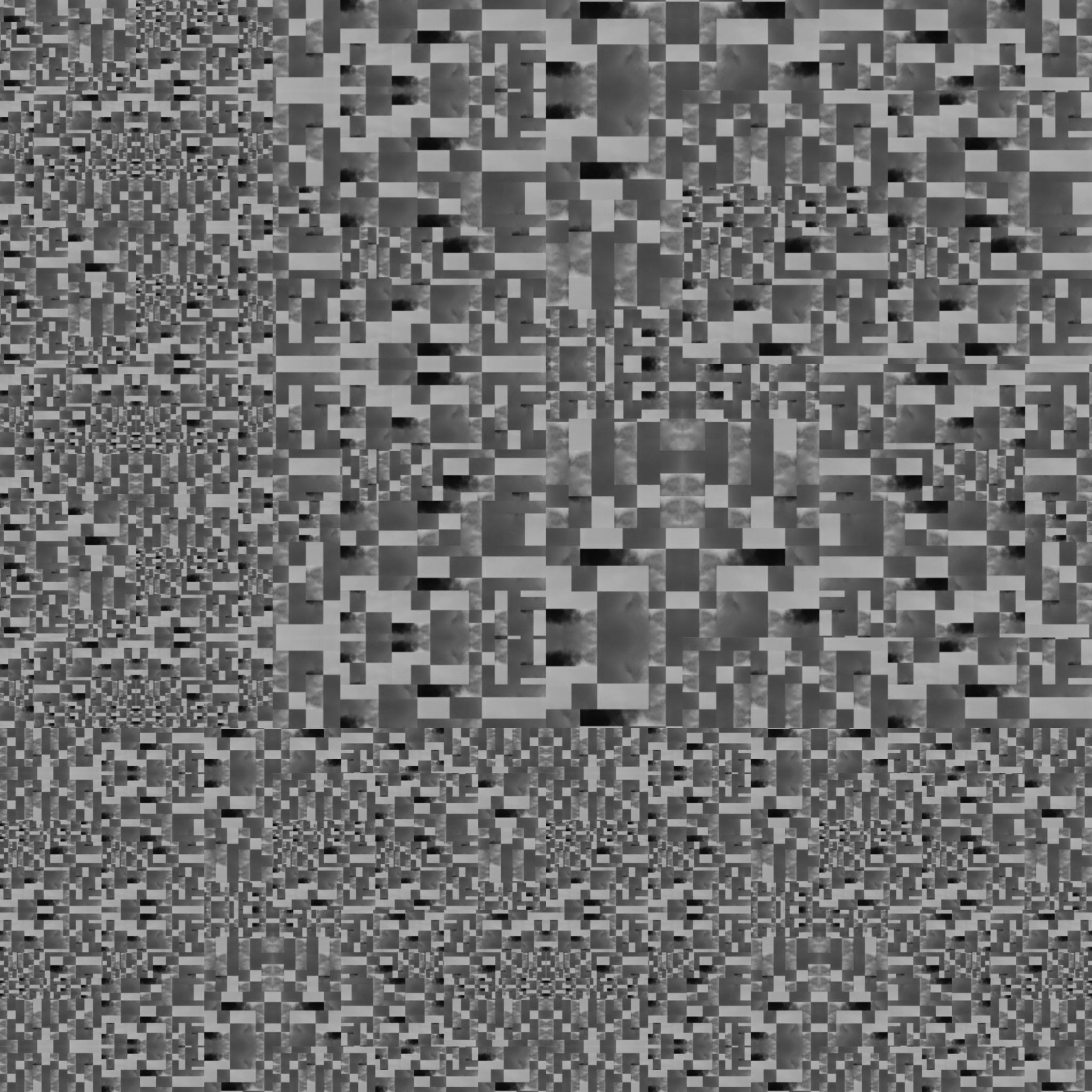Philosophie, Ethik und ReligionswissenschaftEnglischSubstack
Imperfect notes on an imperfect world
Japan-based scholar Christopher Hobson reflects on how we can live and act in conditions that are constantly changing and challenging us. Pursuing open thinking.
Philosophie, Ethik und ReligionswissenschaftEnglisch
Veröffentlicht
Autor Christopher Hobson
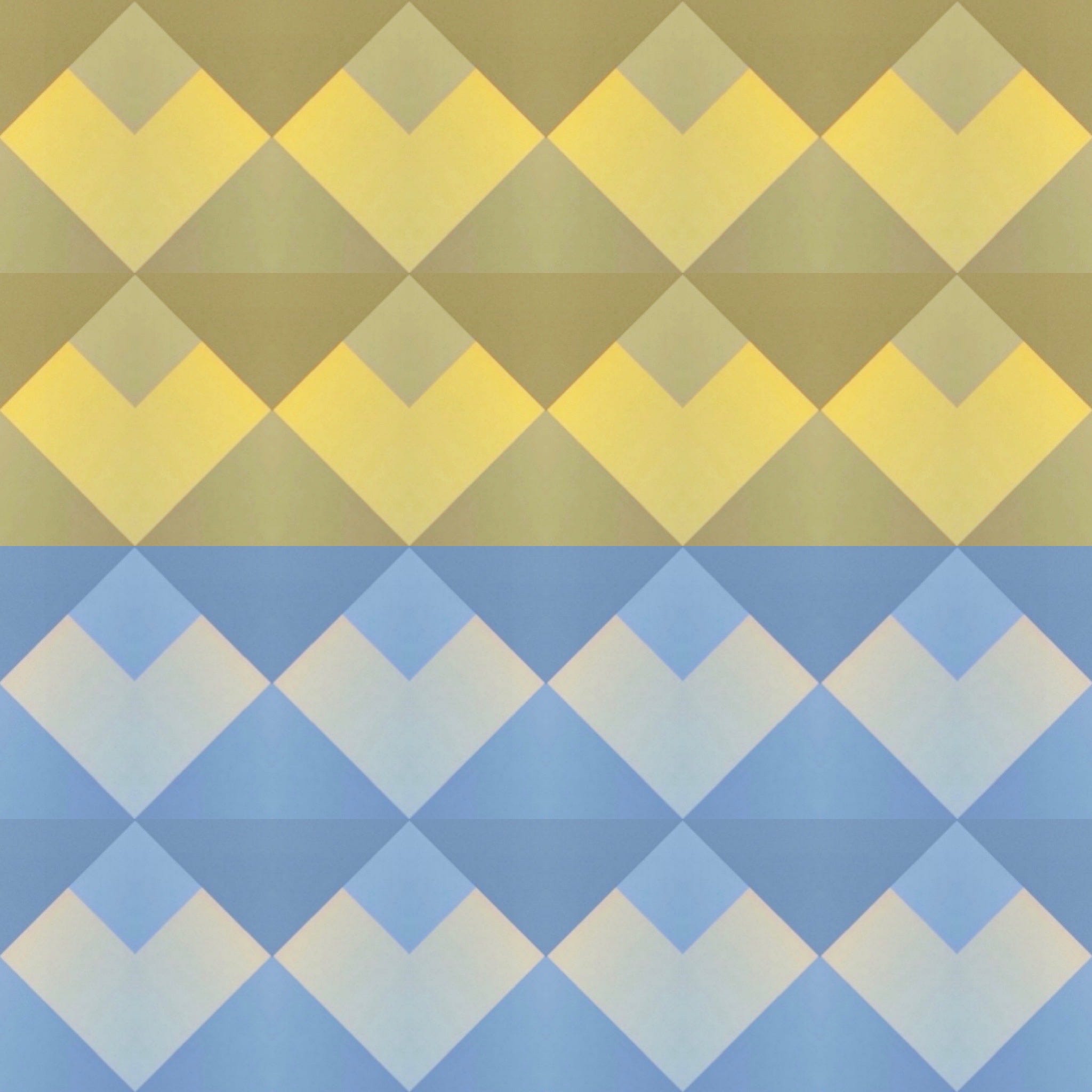
Elsewhere
Philosophie, Ethik und ReligionswissenschaftEnglisch
Veröffentlicht
Autor Christopher Hobson
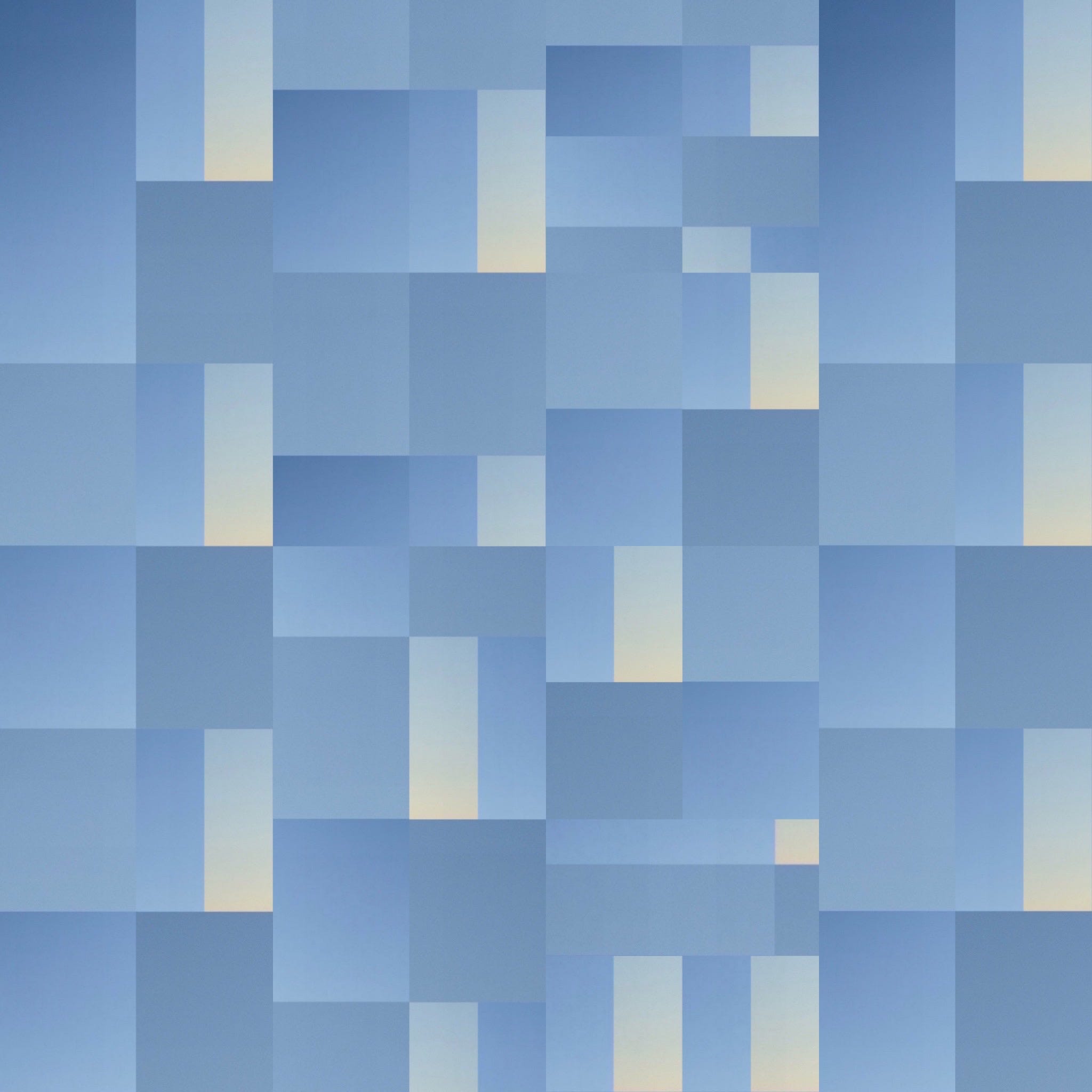
Collection #23
Philosophie, Ethik und ReligionswissenschaftEnglisch
Veröffentlicht
Autor Christopher Hobson

Polycrisis pairings
Philosophie, Ethik und ReligionswissenschaftEnglisch
Veröffentlicht
Autor Christopher Hobson

Polycrisis pairings
CultureTechnologyPoliticsPhilosophie, Ethik und ReligionswissenschaftEnglisch
Veröffentlicht
Autor Christopher Hobson

Polycrisis pairings
Philosophie, Ethik und ReligionswissenschaftEnglisch
Veröffentlicht
Autor Christopher Hobson
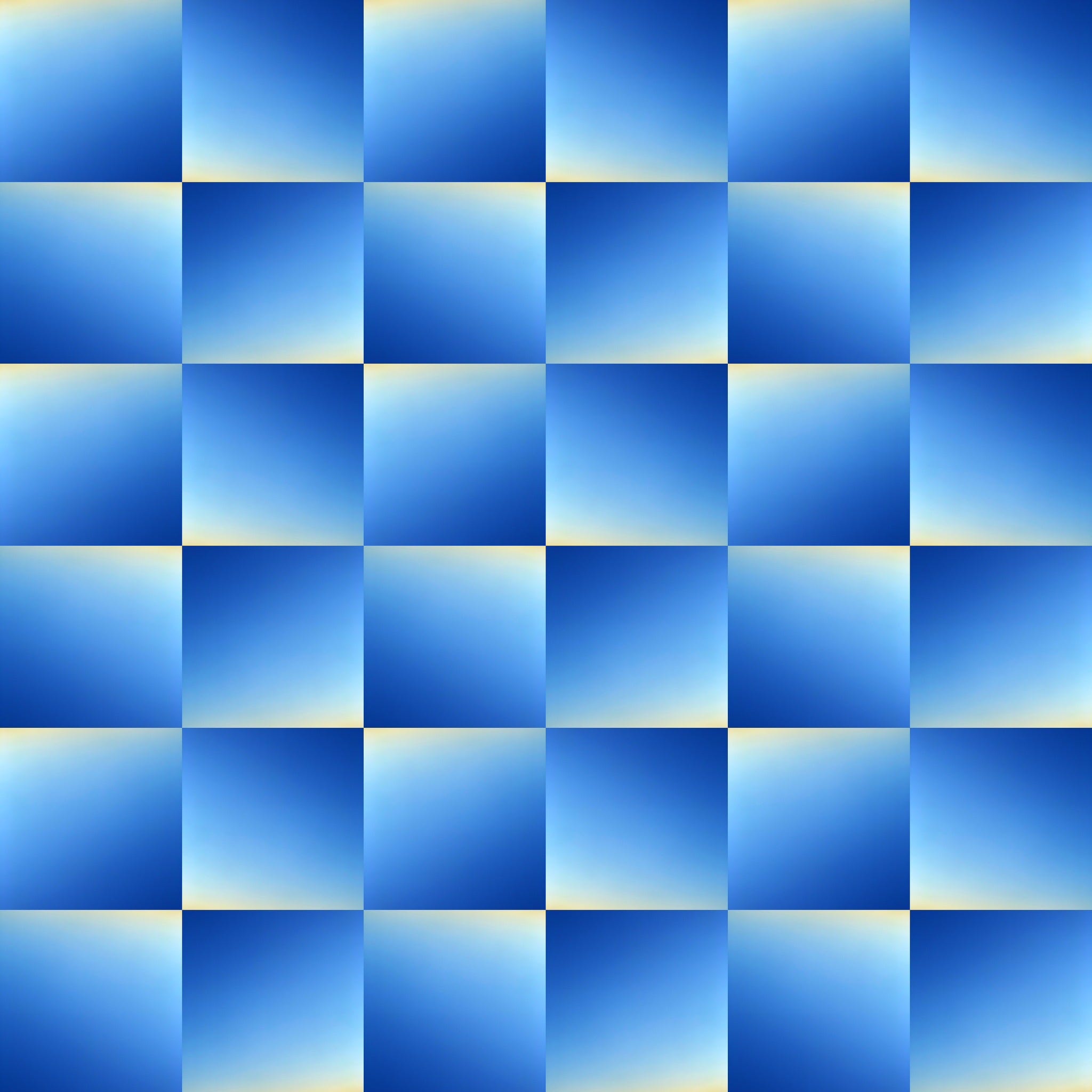
Thinking with Postman
Philosophie, Ethik und ReligionswissenschaftEnglisch
Veröffentlicht
Autor Christopher Hobson
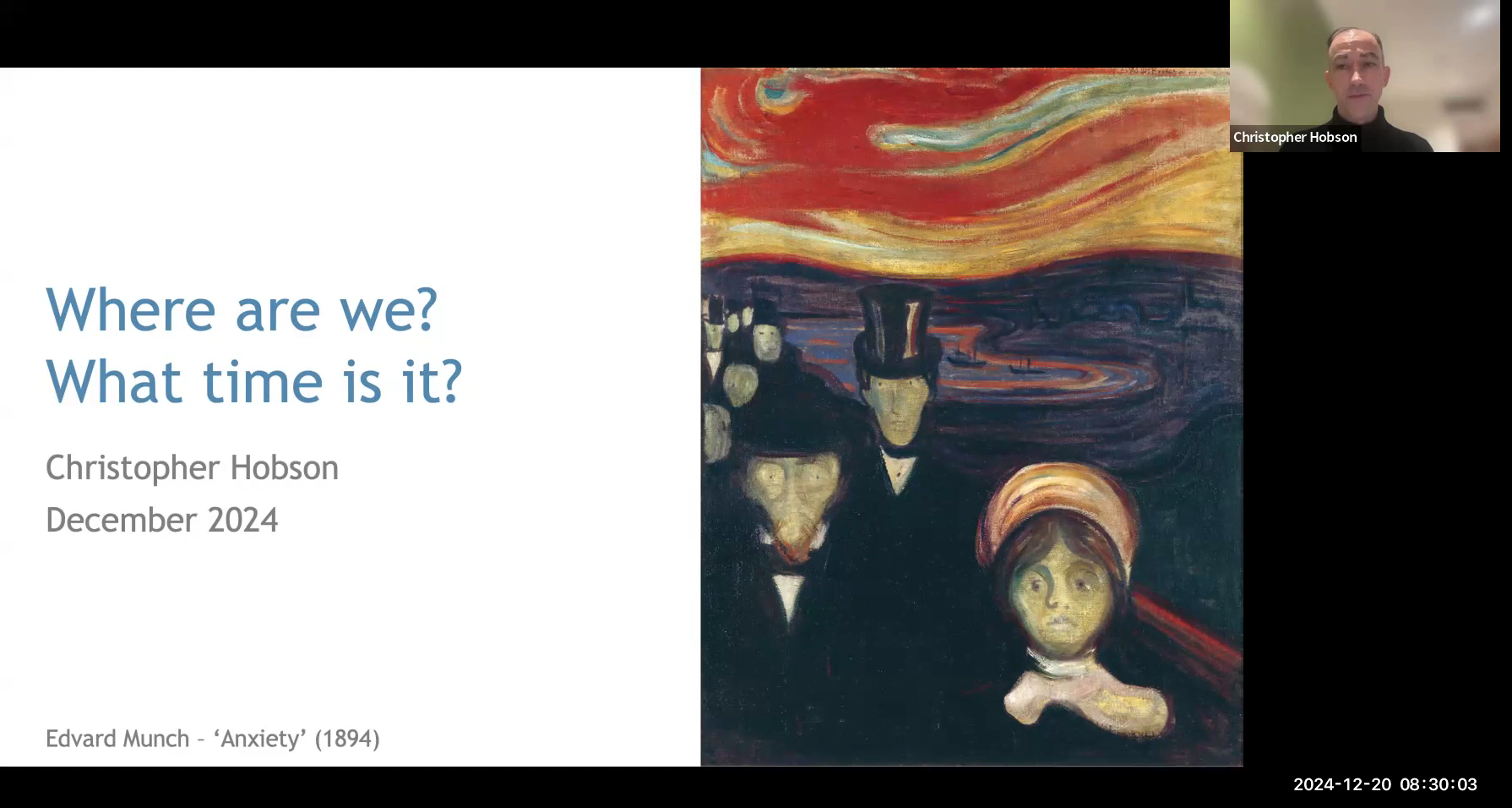
Imperfect world



